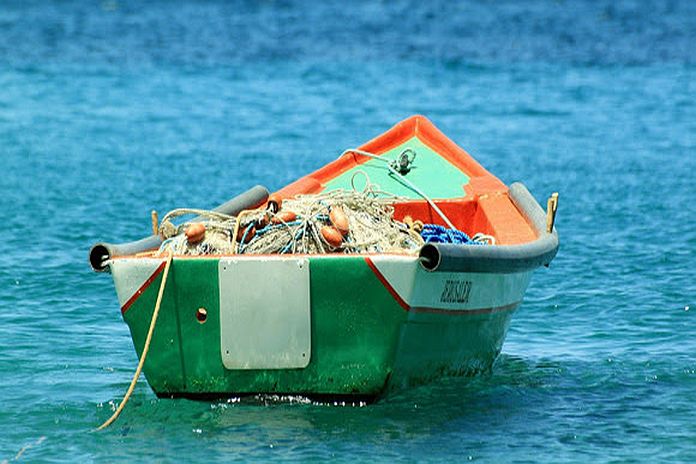CASTRIES, St Lucia — The OECS Commission continues to work toward a final outcome on the World Trade Organization (WTO) Fisheries Subsidies Negotiations by convening a high-level virtual workshop on February 24 and 25, 2021. The event was supported by the Pew Charitable Trusts (Pew) and the International Institute for Sustainable Development (IISD).
Senior trade, foreign affairs, fisheries and maritime affairs officials of each of the seven full protocol Member States of the OECS participated in the workshop. They were joined by several senior staff members of the OECS Commission.
The opening ceremony was addressed by Jacqueline Emmanuel-Flood, director of the economic and regional integration division of the Commission; ambassador Santiago Wills of Colombia, chair of the WTO Fisheries Subsidies Negotiations; as well as representatives of Pew and the IISD.
Emmanuel Flood reminded participants that as large ocean and big sea states, the fisheries sector and by extension the ocean’s resources were of significant importance to OECS Member States.
Emmanuel-Flood cited the OECS Marine Research Strategy which recognizes that ocean resources contribute significantly to the economies of the region and are fundamental to the wellbeing of its citizens in terms of economic growth, employment, income, food security, recreation and culture. Emmanuel-Flood reiterated the OECS’ commitment to a positive outcome in the negotiations at the WTO, inclusive of a high-standard outcome on Special and Differential Treatment and Technical Assistance and Capacity Building. She further emphasized that a final agreement should allow Small Island Developing States such as those in the OECS to preserve their policy space to develop their fisheries sector in a responsible and sustainable manner.
For his part, ambassador Wills told participants that all WTO Members share the urgency of reaching a successful outcome as soon as possible. He further noted that there was momentum in the negotiations and Members should be prepared to be flexible and engage continuously. Ambassador Wills ended by calling for the speedy conclusion of the negotiations.
Isabel Jarrett of Pew and Alice Tipping of the IISD also addressed the opening. Jarrett noted that there was an environmental imperative to conclude the negotiations given that global trends with respect to overfishing and overcapacity are increasing, with a concomitant increase in the threat to food security and livelihoods. Tipping told OECS Member States that a Fisheries Subsidies Agreement provides the opportunity for Caribbean countries to realize some of their interests, especially in a context where the fisheries sector was of vital socio-economic interest to the region.
In the ensuing discussions, participants heard from regional and international experts representing entities such as the Caribbean Regional Fisheries Mechanism, the World Bank, the United Nations Conference on Trade and Development and the University of British Colombia among several others.
His Excellency Ambassador Stephen Fevrier, head of the OECS Permanent Delegation to the United Nations closed out the workshop by thanking Pew, the IISD and Member States for a productive and engaging event. Ambassador Fevrier also re-stated the OECS’ commitment to engaging constructively in the negotiations with the aim of securing a beneficial outcome for Member States.





